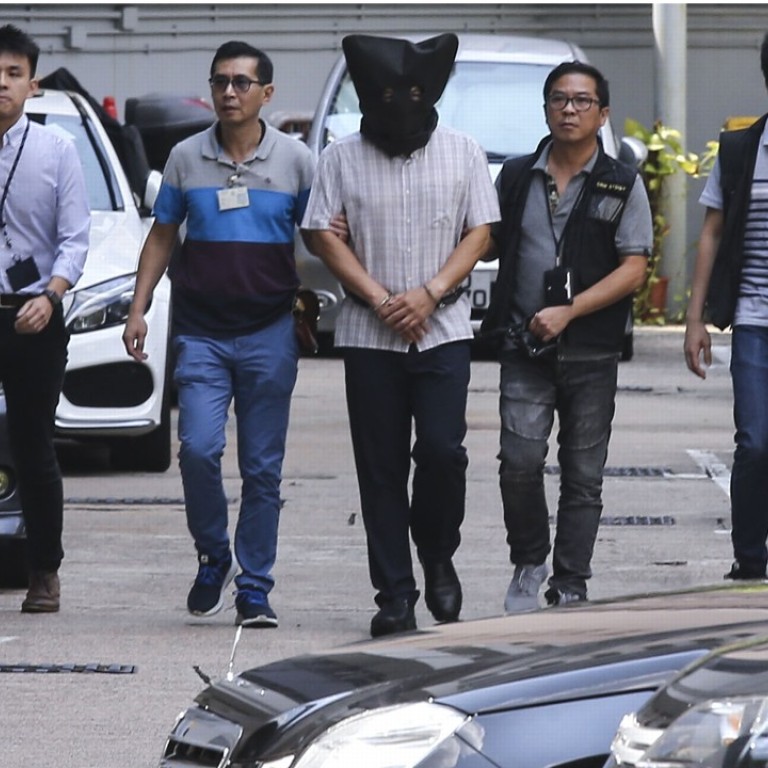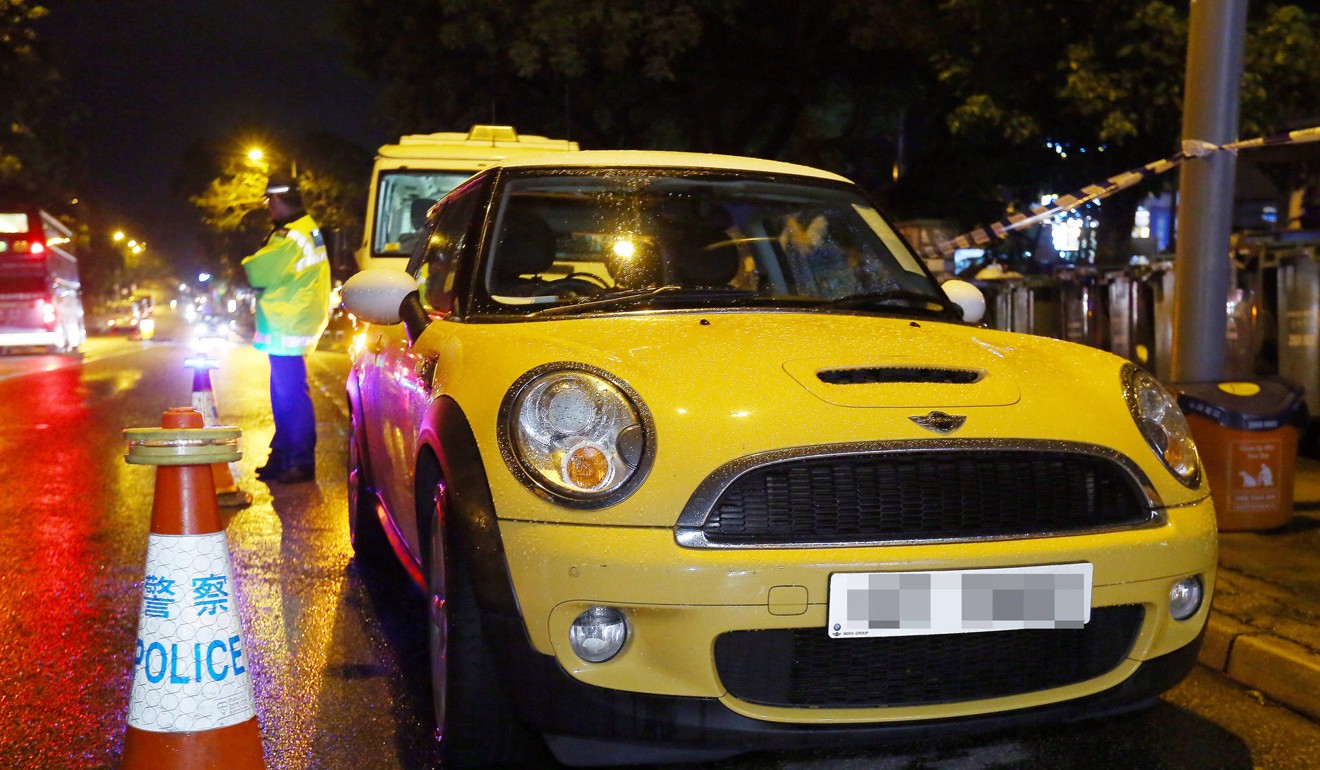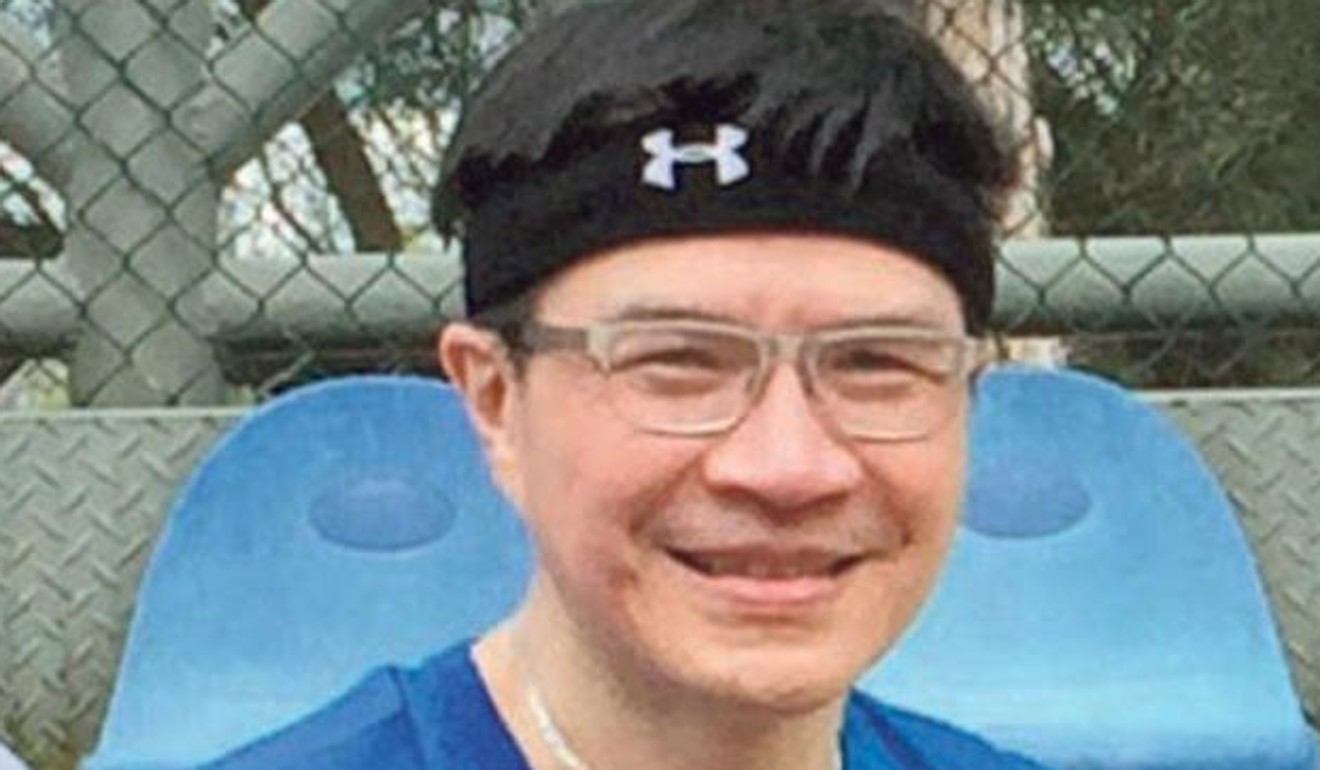
Judge in Hong Kong yoga ball murder trial tells jury not to let emotions get in way just because they are dealing with problematic family
In trial of Malaysian professor accused of killing wife and daughter, judge says main issue is: ‘Who put the yoga ball in the Mini Cooper and why?’
A Hong Kong judge on Tuesday warned the jury in the trial of a Malaysian professor accused of murdering his wife and teenage daughter with a gas-filled yoga ball not to let their emotions get in the way when considering a verdict just because they were dealing with a problematic family.
High Court judge Mrs Justice Judianna Barnes Wai-ling also set out the main issue for the jury of five men and four women to consider as she began her legal direction on the 20th day of a murder trial that revolved around a family engulfed in disputes.
Chinese University associate professor Khaw Kim Sun, 53, is accused of putting a yoga ball, leaking carbon monoxide, in the car of his wife Wong Siew Fing, 47, and 16-year-old daughter Lily Khaw Li Ling on May 22, 2015, causing them to die of poisoning.

But the defendant and his lawyer contested that, suggesting Lily had placed the ball in the car, possibly to commit suicide or to use the gas as a pesticide without realising its deadly consequences.
“The main issue you have to decide is who put the yoga ball in the Mini Cooper and why?” Barnes said on Tuesday.
Alibi, ‘nerd mind’ prove accused didn’t commit yoga ball murders, court told
Khaw has denied two counts of murder, although he admitted filling the ball with carbon monoxide.
Over the past month, the trial has heard about one family drama after another, including Khaw’s estrangement from his wife, his affair with a student and his strict upbringing of his four children.
Khaw May Ling, the oldest daughter, testified that her father was the type who kept pushing, causing her to develop suicidal thoughts at one point.
Yoga ball murder trial: teenager never spoke of suicide, friend says
Barnes said: “Some of you might think this is a tragic case … The evidence might suggest to you that this family had a lot of problems.”
But she urged them to look at the evidence objectively. “Don’t be led by your emotions,” she said.
The judge also addressed issues where the prosecutors and Khaw’s lawyers had crossed swords during the trial.

While the prosecutors argued that anaesthesiologist Khaw took home carbon monoxide from his university with murder in mind, the father claimed the gas was for eradicating rats.
The judge reminded the jury of the testimony of the family’s helper, Siti Maesaroh. “She told you she had never seen any rats or any rat droppings for the five months she was working there,” Barnes said.
She said Khaw could have covered drains leading to the house, which would be an effective way to stop the rats. But he had not done so, she said, turning to carbon monoxide instead.
Filling yoga ball with deadly gas a ‘crazy thing to do’, expert tells court
“People in the house would use the ball. Why would he use such a dangerous method without telling anybody?” the judge said.
The prosecutors argued that an experiment Khaw conducted to obtain the gas was also a sham. The court heard he experimented on rabbits without prior approval and based his research on rudimentary proposals.
Yoga ball murder trial told professor’s rabbit test was ‘dubious’
But the defence suggested that Khaw was an extremely clever man – or a nerd – that others would not understand, Barnes said.
“It’s a matter for you,” she told the jury.
She said their answers to these issues would have a bearing on what their verdict would be.
Barnes was expected to finish her jury direction by Wednesday morning. She would then send the nine away to deliberate on a verdict.

